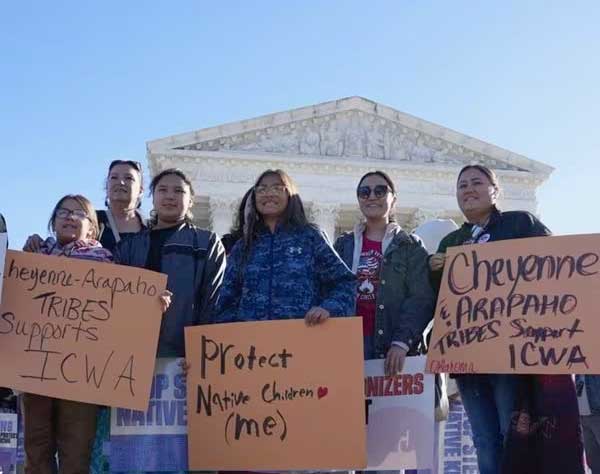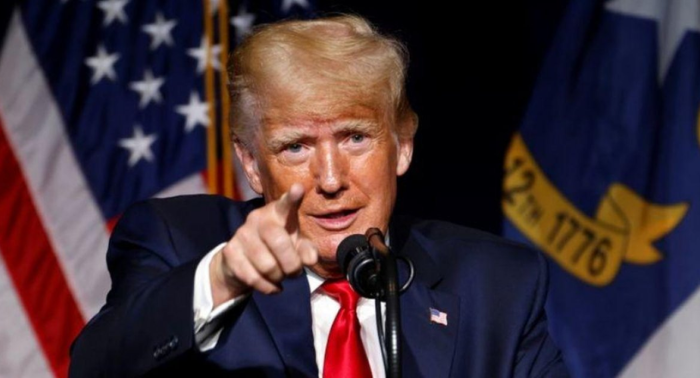On Thursday, the Supreme Court upheld the system favoring Native American families in adoption and foster care procedures involving Native children, dismissing allegations that it is unconstitutional due to its race-based criteria.
The court decided to sustain the 1978 Indian Child Welfare Act. This law was created in response to concerns about the frequent separation of Native children from their families and the subsequent placement in non-Native households.
Tribal leaders have supported the legislation, seeing it as a tool to keep their families, traditions, and cultures intact.
Justice Amy Coney Barrett, writing for a majority of seven justices, acknowledged the “issues are complex,” but the “ultimate conclusion is that we dismiss all of the petitioner’s objections to the statute.”
Justices Clarence Thomas and Samuel Alito voiced dissent, with Alito stating that the decision “undermines the rights and interests of these children.”
The law, passed by Congress, was a response to the disturbing trend of Native American and Alaska Native children being removed from their homes by public and private organizations.
It mandates states to notify tribes and attempt placement with the child’s extended family, tribal members, or other Native American families.
The law’s critics, including three white families, the state of Texas, and a few other states, argue that it is racially based and contravenes the equal protection clause. They also assert that it prioritizes tribal interests over those of the children and unduly allows the federal government to exert control over adoption and foster placements, areas usually under state jurisdiction.
The primary plaintiffs in the Supreme Court case, Chad and Jennifer Brackeen from Fort Worth, Texas, had previously adopted a Native American child after a lengthy legal dispute with the Navajo Nation, one of the two largest Native American tribes located in the Southwest. The Brackeens are currently trying to adopt the boy’s four-year-old half-sister, who has been living with them since infancy. The Navajo Nation is opposing this adoption.
A vast majority of the 574 federally recognized tribes in the country, along with nearly two dozen state attorneys general from across the political spectrum, urged the high court to affirm the law.
All the children involved in the present case have at some point been enrolled, or could be enrolled, as Navajo, Cherokee, White Earth Band of Ojibwe, and Ysleta del Sur Pueblo. Some of these adoptions have been finalized, while others are still under contestation.
The Supreme Court has examined cases related to the Indian Child Welfare Act twice before, in 1989 and 2013, prompting significant emotional responses.
Prior to the enactment of the Indian Child Welfare Act, between 25% and 35% of Native American children were being removed from their homes and placed with adoptive families, into foster care, or in institutions. Most were placed with white families or in boarding schools in efforts to assimilate them.




